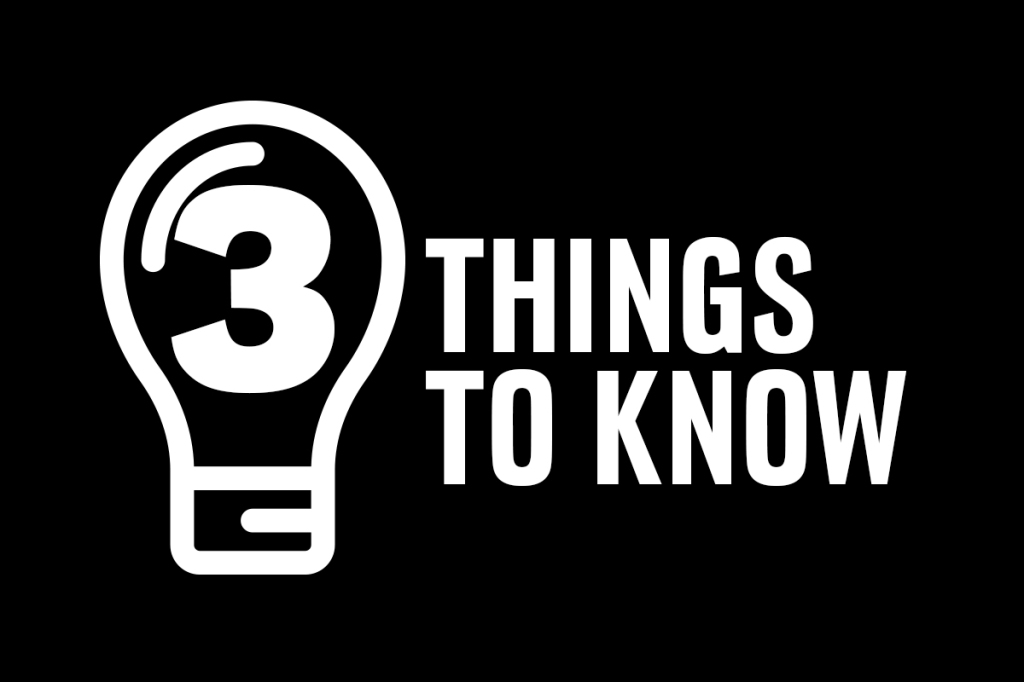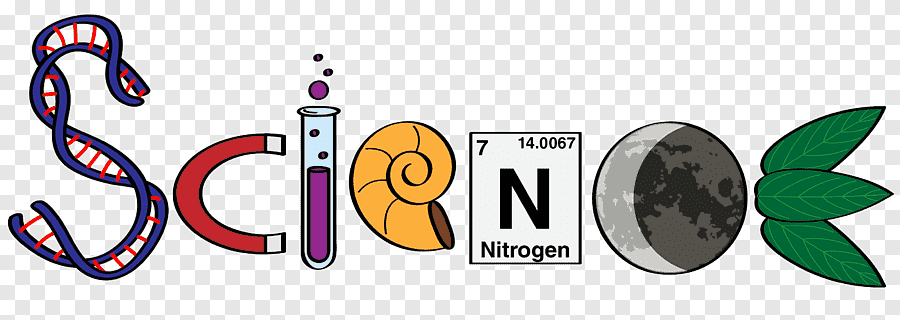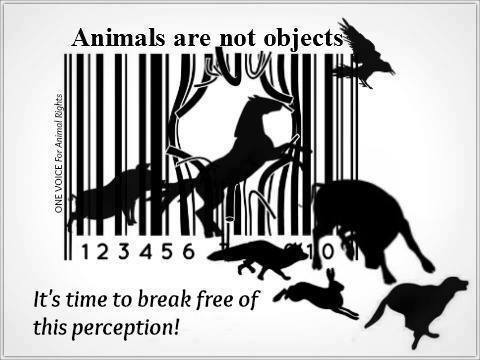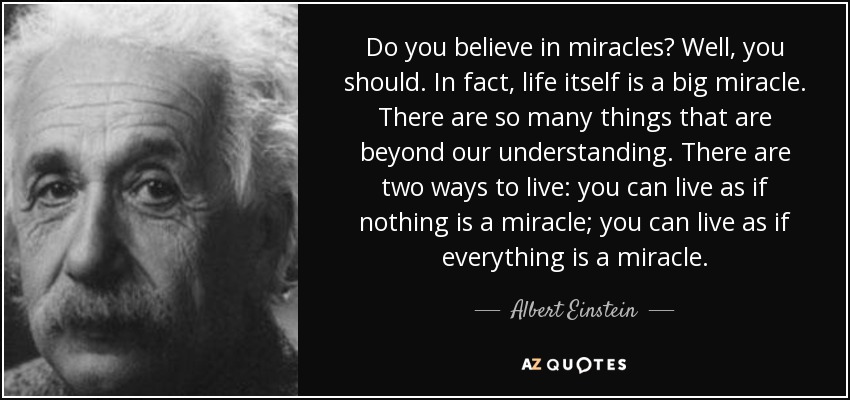The Limits of Objective Science

The show happened a few months ago on KMUD, although it probably never should have happened at all. Really Eric, if you can’t be bothered to prepare a show, let someone else tickle the ether. Eric Kirk showed his respect for all of the grassroots organizers who did the work to put Proposition 37, the label GMOs proposition, on the ballot, not by inviting any of them onto his monthly talk show, not by bothering to research the issue himself, but instead, by asking listeners to call in with, and I quote “…the objective science that proves that genetically modified crops are safe.”

As you can imagine, the entire show was beneath contempt, and a tragic waste of the community’s airwaves, money, and time. Of course the election is long past, and Prop. 37 failed, but that insidious quote deserves closer scrutiny and discussion. Let’s look at it again:
“…the objective science that proves that genetically modified crops are safe.”
As if one phone call from Eric Kirk to Monsanto’s Public Relations Department wouldn’t have yielded a Phd guest for his show, if he could have been bothered, but that’s not my point here. While a PR Phd from Monsanto full of BS about GMOs on KMUD might have made for better radio, even Monsanto’s Phd would be hard pressed to find objective science that proves that GMOs are safe… extremely hard pressed.

I’m sure Monsanto’s PR flack would blather on about this or that study, and about his credentials. He’d have piles of evidence, and a good story to go along with it, but he couldn’t prove that GMOs are safe with objective science. Really, Monsato’s PR guy could hardly have done better than Eric Kirk, who simply insinuated that such a thing existed, but even if GMOs were actually safe, you couldn’t prove it with objective science, because organisms are not objects.

We really like this word “objective”, especially in front of the word “science”. By God “objective science” is the only science we trust, and we trust “objective science” precisely because it is so… objective. I give credit where credit is due. Objective science told us that the Earth revolves around the sun. Objective science gave us the atom bomb, and objective science helped us put a man on the moon. All impressive feats, I completely agree, and I can understand why people might put a lot of stock in “objective science”, but it has limits.

Objective science leaves many important questions unanswered. For instance, objective science told us how much rocket fuel we would need, and when we would have to launch the rocket, in order to put a man on the moon, but objective science could not tell us if space travel was safe for humans. We still don’t know if space travel is safe for humans, and we certainly don’t have objective science that proves it. So far, space travel seems safe enough, for very healthy people, for limited amounts of time, but we really don’t know enough about human physiology to say with certainty that space travel has no long term deleterious effects.

On the other hand, any 12 year old has enough experience with objects that they have a pretty solid working understanding of physics. By the time a child turns twelve, he/she has dropped thing, thrown things, launched water rockets, exploded firecrackers and spun a bucket of water around upside down without spilling it. By age twelve, most children have such a solid understanding of physics that they can play baseball, ride a bicycle, jump rope or play jacks, and they rely on this understanding instinctively for the rest of their lives. Only later, when they go to school, do they learn that there’s math involved.

Even though most people have a pretty good working understanding of physics, all of that math discourages many people from studying theoretical physics, at least past high school. Yet, a statistically significant number of people do pursue their interest in theoretical physics, and these people do a hell of a lot of math.

In fact, theoretical physicists have found applications in real life for damn near every kind of math that mathematicians can dream up. Physics is like that. It’s very mathematical and precise. You do a few experiments, figure out a few equations, and Boom, you can use those equations to predict the motions of objects all over the universe. We can predict how fast an object will fall on any planet anywhere in the universe, how much force it will exert when it hits the ground, and how much force it will take to throw it across the room etc etc.

As a species, we demonstrate an extremely accurate, working understanding of physics, one that allows us to, for instance, throw a spear accurately enough to hit a moving animal, conceive and build a bow and arrow, or atlatl, and to use them effectively. We find this working understanding of physics very satisfying, and even though we no longer hunt wild game for sustenance, in leisure activities like golf, bowling, surfing and in all ball sports, the pleasure of learning to manipulate objects in space and time more accurately, makes these activities fun and enjoyable.

We really like theoretical physics too. It makes us feel powerful to know so much about how objects move in space and time, and we’ve learned to do some pretty impressive tricks. Using theoretical physics, NASA was able to send a rocket-ship all the way to the moon, and back, on the first try. That’s a pretty good stunt, even I admit. Our working understanding of physics, which has since become our theoretical understanding of physics has served us well in so many ways throughout our history.

From helping us develop the tools and skills necessary to hunt mastodons, to helping us develop the tools and skills necessary to launch thermonuclear Armageddon, it’s our understanding of how objects move in space and time that makes us a successful species on this green Earth. As long as we’re talking about objects in space and time, be they baseballs, rocket-ships, or Higgs-Boson particles, we can thank “objective science” for enlightening us, with such astounding accuracy, about how they behave. That’s why we call it “objective” science. Objective science is the science of objects, and objects reside in space and time. Now you know why we call objective science, “objective”.

Fortunately, I think, for all of us, organisms are not objects. Organisms do not behave like objects. Organisms do not function like objects, and organisms do not give up their secrets easily to objective science. That is why, when it comes to medicine, biology, sociology, economics, or psychology, all of the sciences that study organisms, objectively, you’ll find them doing lots, and lots of experiments, and no matter how much math they use, their predictions remain woefully imprecise.

While we may calculate with accuracy the age and origin of the universe in space and time, life remains mostly a mystery. Sure, biologist, biochemists, and doctors now understand, on some level, the mechanics and the chemistry of some biological systems, but they do this by objectifying the organism. In other words, they kill it, and look at it under a microscope.

Organisms become objects to us, when they are dead. For most of our history, that was the whole point of understanding physics. We used physics to kill. We used it to hunt wild animals to feed ourselves. Our understanding of physics fed us, kept us dry and warm, but it didn’t tell us much about ourselves, except the limits of our own strength, and it still doesn’t.

Unfortunately, objective science doesn’t tell us much about ourselves, or any of the other organisms with which we share this planet. While physicists can tell us, with great confidence, about the origins of the universe, and routinely put machines on distant planets that send us pictures at the speed of light, medicine has wiped out what? One, almost two, diseases, mainly on a lucky shot.

If objective science is so great, why aren’t doctors explaining their grand theory of life, explaining its origin, and predicting its future, while they hunt down cures for the last few rare diseases. Really, we spend way, way, way, more money on medical research than we do unlocking the riddles of the cosmos. After all, people’s lives are at stake. Alas, cancer, AIDS, diabetes, multiple sclerosis, muscular dystrophy, schizophrenia, autism and a host of other diseases continue to afflict people around the world. Even the commonest of diseases, the common cold, continues to mock all of our best efforts to tame its virulence.

No, organisms are not objects. Organisms are a different animal all together, and objective science really doesn’t tell us much about them. The organism keeps its secrets and life remains mysterious. Still, we’re so impressed with atom bombs, moonwalks and microcomputers that we’d like to believe that objective science can cure cancer, or open a window into the world of autism, but really, we’re out of luck.

Maybe a genetically modified organism looks like an impressive feat of objective science to you, but it’s not really. At best, a GMO represents a feat of objectified science. Geneticists have isolated a particular mechanism of life, and learned how to manipulate it, to produce modified organisms that lawyers can patent, and capitalists can then legally exploit.

Objective science tells us a lot about objects in space and time, but objectifying organisms does not enlighten us much at all, because organisms do not live in space and time. Space and time only exists within organisms. This is the crux of Einstein’s theory of relativity. It’s also the crux of Emmanuel Kant’s, The Critique of Pure Reason, written about a century and a half before Einstein.

As incomprehensible as it seems, space and time only exist within organisms (or, perhaps more accurately, within an organism). In fact, as incomprehensible as it is, this is the only thing that objective science has ever proven about organisms. Think about this for a while. Objective science helps us survive in this beautiful world, not understand it. Not only are we far, far, far away from unlocking the secrets of life, we’re not even capable of comprehending them. That’s what objective science has proven.

So, when someone in a white lab coat tells you that “objective science has proven its safe”, while they try to sell you some new technology, don’t buy it, figuratively, or literally. Whether it’s GMOs, wireless smart meters, cell phone towers, food additives, flame retardants, vaccines, or TV, objective science can help us develop these things, but it doesn’t tell us much about how or if they effect us, because we are not objects. That is the limit of objective science.

If Eric wanted to do a good show about how “safe” GMOs are, he could have interviewed a corporate attorney who knew something about product liability law. They could have talked about what exactly constitutes a “safe” product, from a legal perspective. I would find it interesting to hear two lawyers explain how corporations can produce inherently dangerous products, like automobiles, motorcycles, firearms, addictive psychoactive drugs, and thousands of other products that kill people directly, sicken and kill others through pollution or contamination, and also contribute to global climate change, ocean acidification, and sea level rise, problems that negatively effect everyone, and yet avoid liability for any of the damage these products cause. I think Eric could do a good job with that topic, because he knows the law. On the other hand, Eric doesn’t know enough about science to fill a gnats navel, and he should shut up about it.









































































This in regards to your essay You Don’t Have to Call It God: I’ve been a searcher all my life, read Relatively for the millions at around 11 but I was never able to do the math but I came to understand the principles.
Looked for god in LSD ,weed ..got closer
The strange thing is that recently I’ve been having some health problems, the kind you know will be the end ..ya just know, the odd part is that answers have been just showing up, I happened to watch a documentary DMT the spirit molecule And your essay, and all of it is coming into clarity.
That all of us and everything ever,was and forever well be One.
And it is simplicity and perfection and oneness and ..Self ?
Although there is still the problem how this thing came into existence. Something can’t spontaneously exist from nothing.
Could be we are just one of many beautiful shinning entities.
Oddly I’ve come to not care.
To conclude though, there were many things that lead me to the conclusions I’ve come to, but I have to say your essay just about puts the dot at the end…….